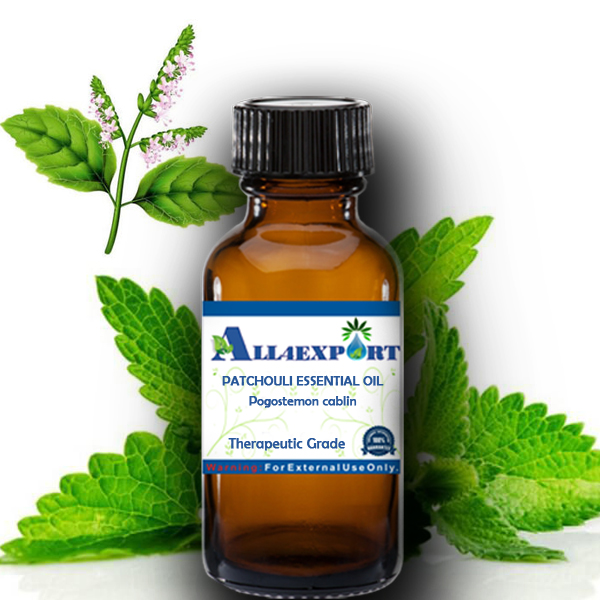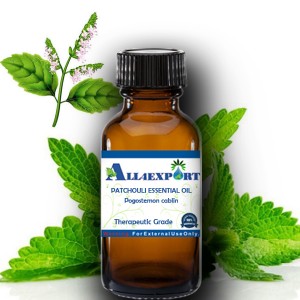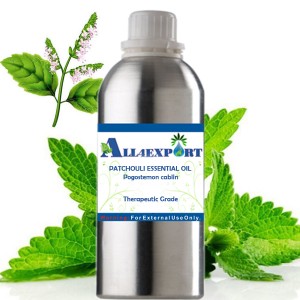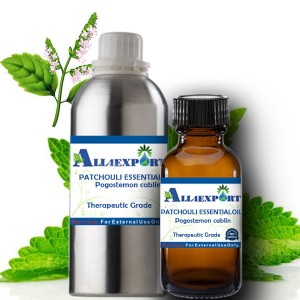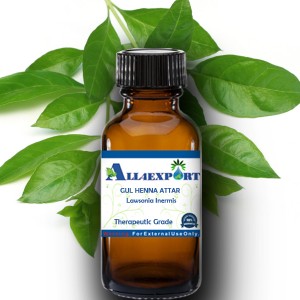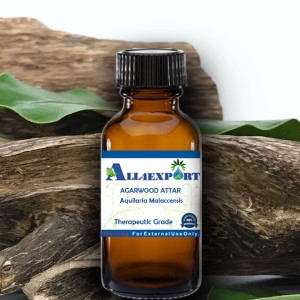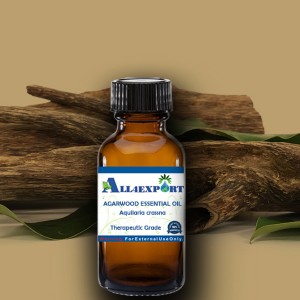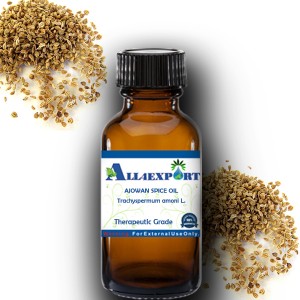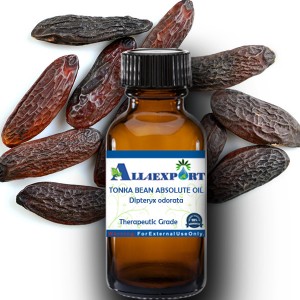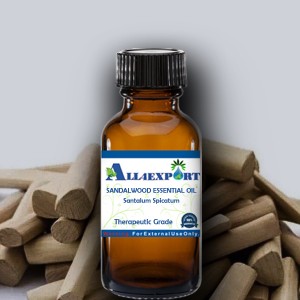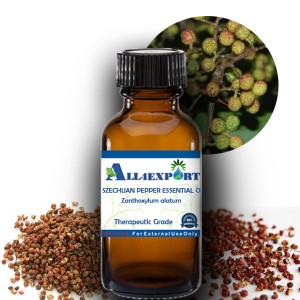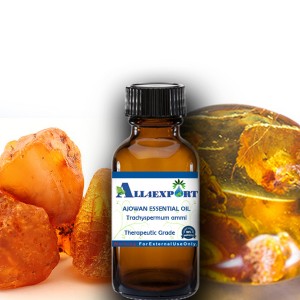| PATCHOULI ESSENTIAL OIL |
Botanical Name | : | Pogostemon cablin | Country of Origin | : | India, Sumatra, Java, Malaysia, China, Brazil, Indonesia | Solubility | : | Insoluble in water, soluble in alcohol and oils | Specific Gravity | : | 0.9673 @ 72°F Distilled | Optical Rotation | : | -51.99 | Refrective Index | : | 1.510 @ 72°F | Plant Part | : | Leaves | Bland With | : | Bergamot, cassia, cedarwood, clary sage, myrrh, opopanax, rose, sandalwood, sweet orange. | CAS No | : | 8014-09-3 | Flash Point | : | 188 °F | Extraction Method | : | Steam Distilled |
|
Description : Patchouli oil has a strong, slightly sweet, intoxicating scent. It described as having a dark, musky-earthy aroma profile, reminiscent of wet soil. Due to its intense scent, even when diluted, a little patchouli oil goes a long way.
|
Constituents : a-bulnesene, a-guaiene, a-patchoulene, b-patchoulene, caryophyllene, norpatchoulenol, patchouli alcohol, pogostol, seychellene. |
Uses : Patchouli essential oil is used to treat skin and hair problems, such as dermatitis, eczema, acne, dry chapped skin, dandruff, and oily scalp. For wrinkles Consider applying 1-2 drops of patchouli essential oil to your daily skin care routine, or apply a small dab topically to acne prone areas as desired.
|
Benefit : Patchouli essential oi has wound healing and scar reducing properties, as well as aphrodisiac effects. patchouli oil is said to help relieve anxiety, stress and depression. |
Caution Note: We recommend Keep out of the reach of children. Avoid contact with skin and eyes.
All of the information and opinions that are provided on this web site are for informational and educational purposes only. This information is not intended to replace medical advice given by a medical practitioner. Anyone considering alternative therapies should consult with their medical professional before using an alternative method of healing. We do not give nor is any opinion on our web site medical advice.
|








